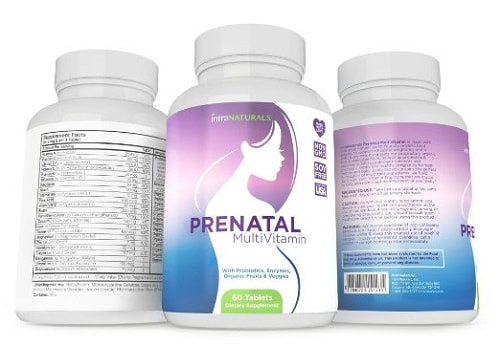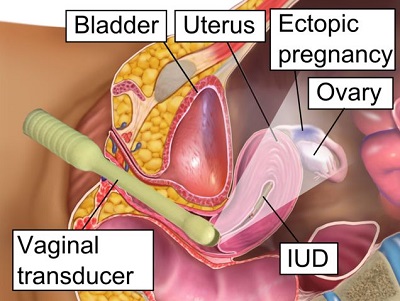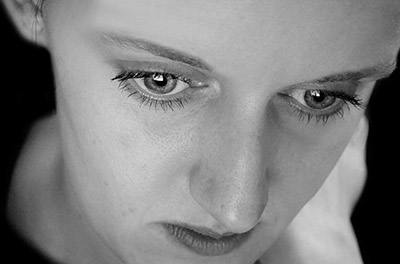A pregnancy complication characterized by high blood pressure, protein in the urine, and fluid retention swelling is referred to as pregnancy-induced hypertension. It is also a term referred as toxemia, pre-eclampsia, or toxemia of pregnancy.
Who Is Affected By Pregnancy-Induced Hypertension
One out of fourteen pregnant women is affected by this condition. Despite the fact that it occurs mostly during the first pregnancy, it can also happen in subsequent pregnancies. Moreover, it can affect pregnant women over the age of 40 as well as pregnant teens.
The condition usually develops in the second half of the pregnancy, which often happens after the 20th week.
However, it can also develop during or after the delivery period.
Who Would Likely Develop Pregnancy-Induced Hypertension
Women who are prone to pregnancy-induced hypertension (PIH) are those who meet these conditions:
- Under the age of 30 or over the age of 35
- With the previous history of the same condition
- A history of chronic hypertension
- Overweight or underweight
- Had a relative who had a history of PIH
- Had diabetes prior to pregnancy
- With immune system disorder, which includes rheumatoid arthritis or lupus
- Had kidney failure
- Previous case of alcohol, tobacco or drug use
- Expecting twin or triplet deliveries
Symptoms Of Pregnancy-Induced Hypertension
The signs of pregnancy-induced pregnancy include high blood pressure, swelling of the hands, feet, or face, and protein in the urine.
While some swelling is normal during pregnancy, you are advised to see a doctor when some of the symptoms accompany the condition.
Other symptoms regarding pregnancy-induced hypertension are severe headaches, abdominal pains, spots before your eyes, changes in reflexes, dizziness, blood in the urine, nausea, and excessive vomiting.
Diagnosis Of Pregnancy-Induced Hypertension
When you undergo routine prenatal tests, you will be monitored in terms of blood pressure, weight gain, and protein in the urine.
If you are found with the symptoms of pregnancy-induced hypertension, you are required to undergo more blood tests, which lead to abnormal results if you are found with PIH.
Upon suspicion that you have PIH, you will undergo a non-stress test in order to monitor the baby. This will involve the use of an ultrasound transducer to record the heart rate of the baby. A pressure transducer will also be used to record the uterine activity.
When the fetus moves, you are able to mark the movement on the graph paper, which displays the uterine activity and fetal heart rate. The heart rate would increase if the fetus moves, so it is considered a sign that the baby is in good condition.
Common Types Of PIH
Chronic Hypertension – Women with blood pressure over 140/90 before the pregnancy, early or before 20 weeks, and after delivery.
Gestational Hypertension – High blood pressure that would have developed after 20 weeks of pregnancy, which goes away after delivery.
Pre-eclampsia – After 20 weeks of pregnancy, a severe condition will result from gestational and chronic hypertension. Such would lead to serious complications for both the baby and the mother if this condition will not be given proper attention.
How It Affects The Health Of The Mother And The Baby
It depends on the duration of the pregnancy when you develop this condition, as does your blood pressure. If you have severe hypertension early in your pregnancy, you have a greater risk for complications.
Fortunately, most women who are affected with this condition would only get a mild form, which won’t develop until you reach 37 weeks or more. However, you might still get a higher risk of having a C-section or being induced.
If you have gestational hypertension, you will have a greater risk of having other complications, which include stillbirth, placental abruption, preterm birth, and intrauterine growth restriction. Thus, your caregiver will monitor you and your baby properly.
How Can PIH Be Treated?
Considering that the pregnancy-induced hypertension is mild, you can treat it at home. If your doctor recommends it, you should maintain a restful and quiet environment without much activity or bed rest. Likewise, you need to follow the diet and fluid intake procedures from the healthcare professional.
If in case your condition gets worse, you will likely be admitted to a hospital so that you can be monitored closely. Thus, your healthcare professional would work with you so that you can maintain your health and that of your baby.
If the case is severe, the baby needs to be delivered. Thus, medication should be used to treat high blood pressure, with the magnesium through an intravenous procedure in order to prevent seizures.
Good thing though, the blood pressure of the woman returns to normal after the delivery process. Otherwise, if the blood pressure would remain high, it requires treatment with proper medication.
You should seek the help of a healthcare provider after pregnancy so that you will be given the appropriate treatment and avoid complications.



